Applied Biosciences Master's Alumni Profiles
Here's what some graduates of the M.S. in Applied Biosciences degree say about their experience in the program and what the degree has done for their career.
 |
Regina M."This program has helped develop my leadership and project management skills, as well as broadened my understanding of vaccine development. I have seen an increase in confidence in my work that I contribute to my increased knowledge in leadership and vaccine development. I have been promoted twice during my work on my degree, and I am now a people leader. I would encourage anyone in the scientific manufacturing field looking to pursue a master’s degree to consider the applied biosciences program and K-State University." |
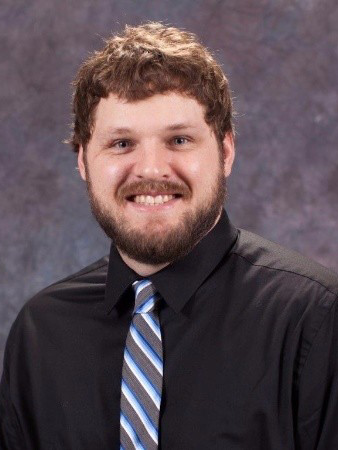 |
Cody S."The degree program provided me the opportunity to further my understanding of the industry I work in as the scope of my job within the pharmaceutical industry is limited in experiencing the full depth of the drug and vaccine development pipeline. Further, this degree allowed me to improve upon my understanding of clinical research as a business and how the academic research I came to understand during my undergrad plays a part in shaping the future of professional science." |
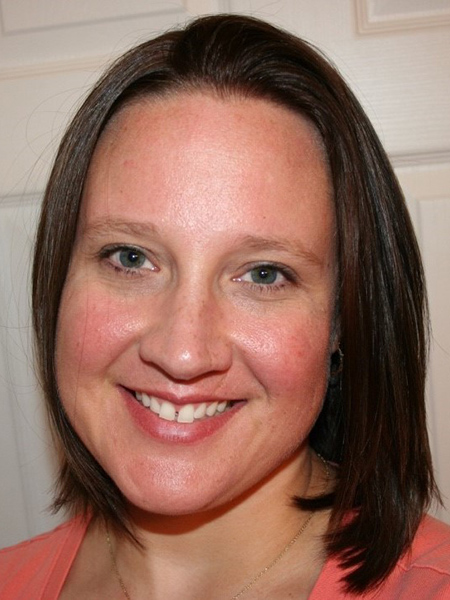 |
Shelly N."This program has opened doors to positions within management, specialty departments and pilot opportunities that I otherwise would not have had the knowledge or experience. It has allowed me to be considered for positions well beyond what I would have been capable of applying for before gaining my master's in the applied biosciences program." |
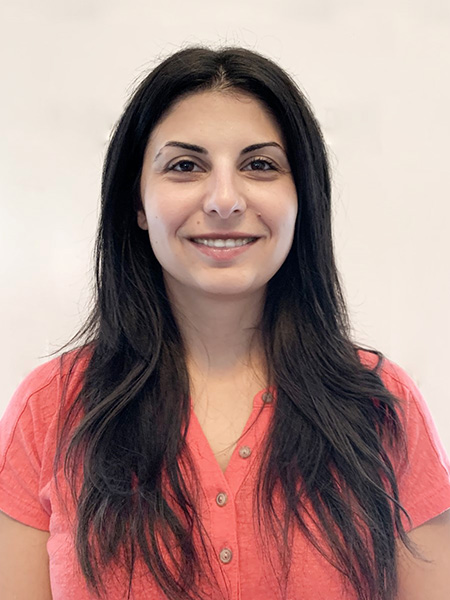 |
Darina D."The program offered a great selection of professional and STEM classes, rather than focusing on just one field. Professional skills such as communication or management are crucial for succeeding in any career, while the STEM classes were directly applicable to vaccine manufacturing." |
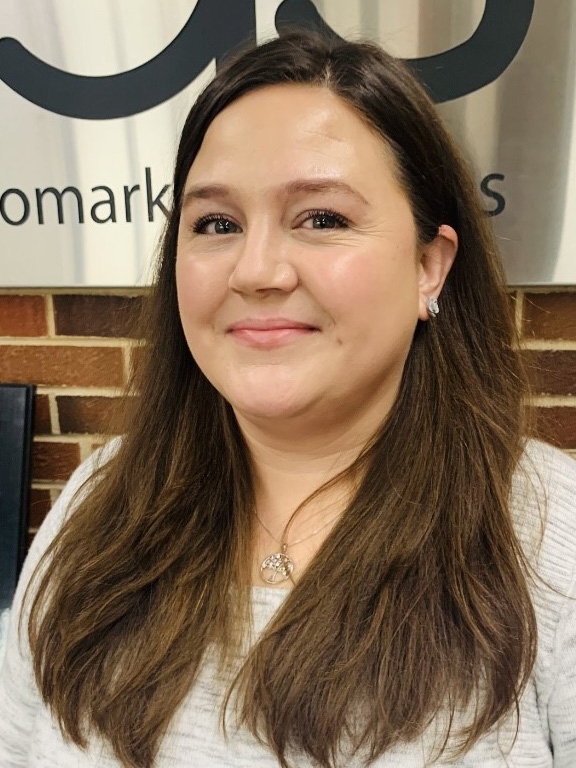 |
Rochelle B."What convinced me to apply to the applied biosciences program was talking with current program students who described a program with excellent professors who cared about students' success in the program, and a program curriculum that included science knowledge along with invaluable professional skills. I knew I could benefit from expanding my knowledge in the sciences, but I also knew as a manager and principle investigator, I could benefit from learning professional skills to increase my value in my career. Many science-based Masters programs do not have the added benefit of including much needed professional skills in the curriculum. In this way, the program stood out above the rest." |
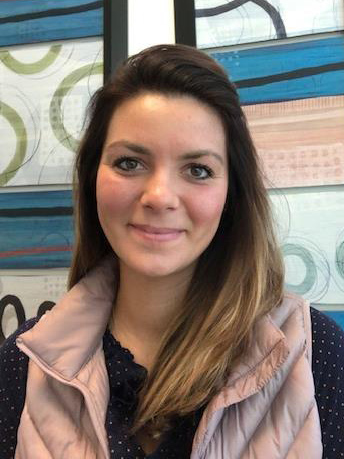 |
Johanna Z."The program exceeded my expectations. Now, as I continue my work as a dietitian, I have better critical-thinking skills, a better grasp of research and statistics and have noticed that my communication skills have improved. The multidisciplinary approach to the program made me a better-rounded professional in my field, and also armed me with a greater number of skills to help foster creativity and innovative approaches to solving dietetics problems." |
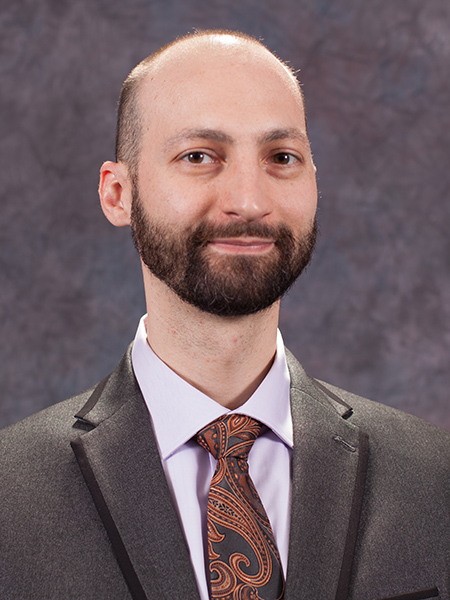 |
Michael P."Perhaps the most useful post-program shift in my career is the broadened perspective that I can now apply to my work. This degree encouraged me to seek out and utilize a great many disciplines, scientific and otherwise and learning how to assemble and leverage an interdisciplinary team facilitates all the goals I have for my laboratory and my career." |
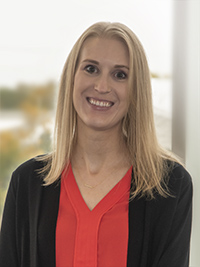 |
Emily O."One of the biggest contributions of the applied biosciences master's degree to my career was learning and appreciating the importance of a multidisciplinary and interdisciplinary approach to solving problems. The courses challenged me to think about how to bring cross-functional groups together, integrate these groups, and leverage differences to find creative solutions when facing complex problems." |